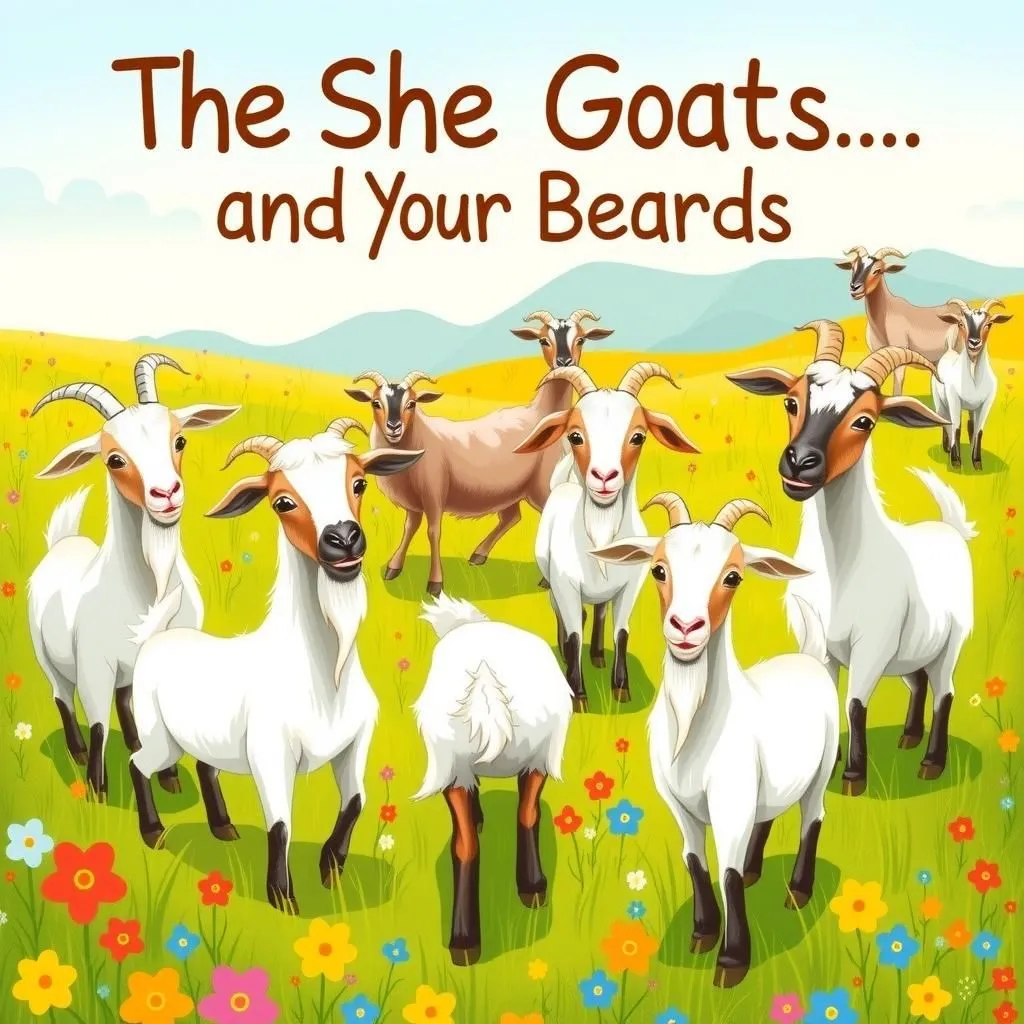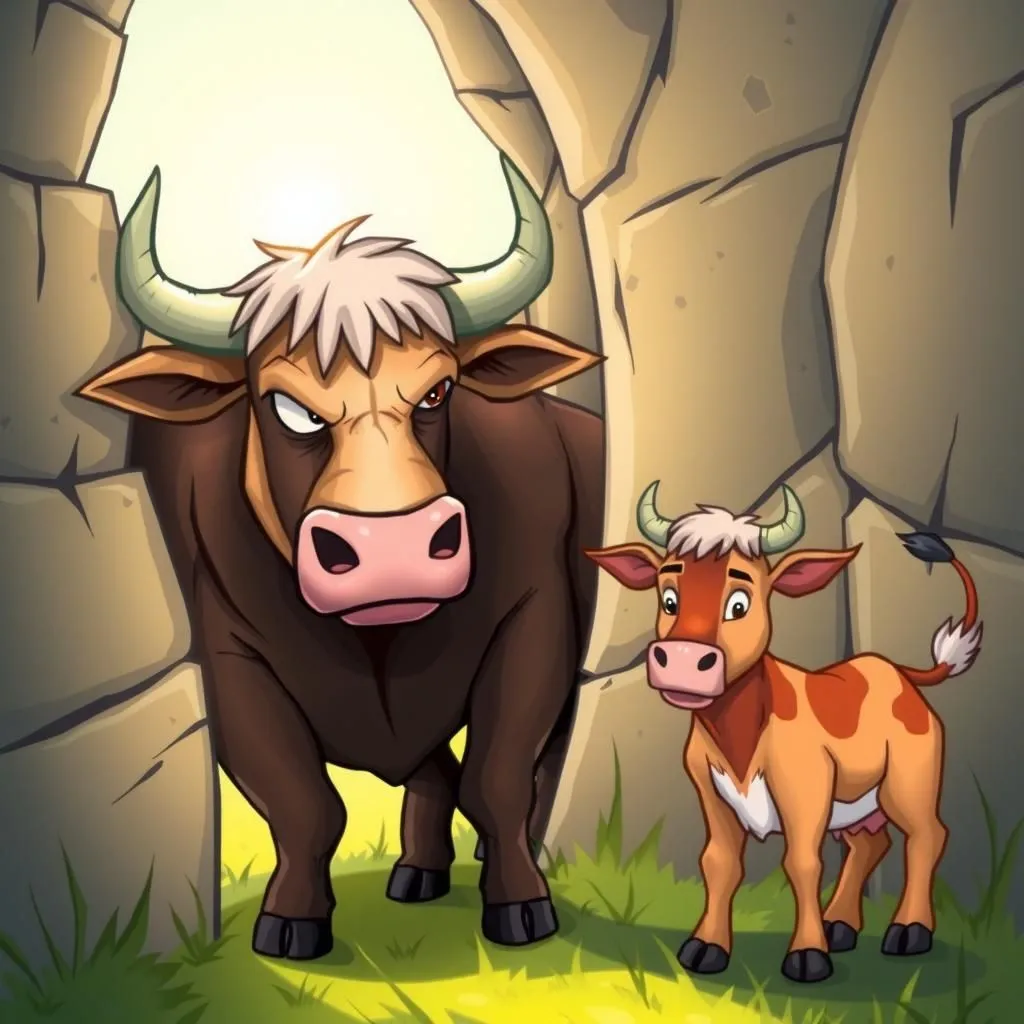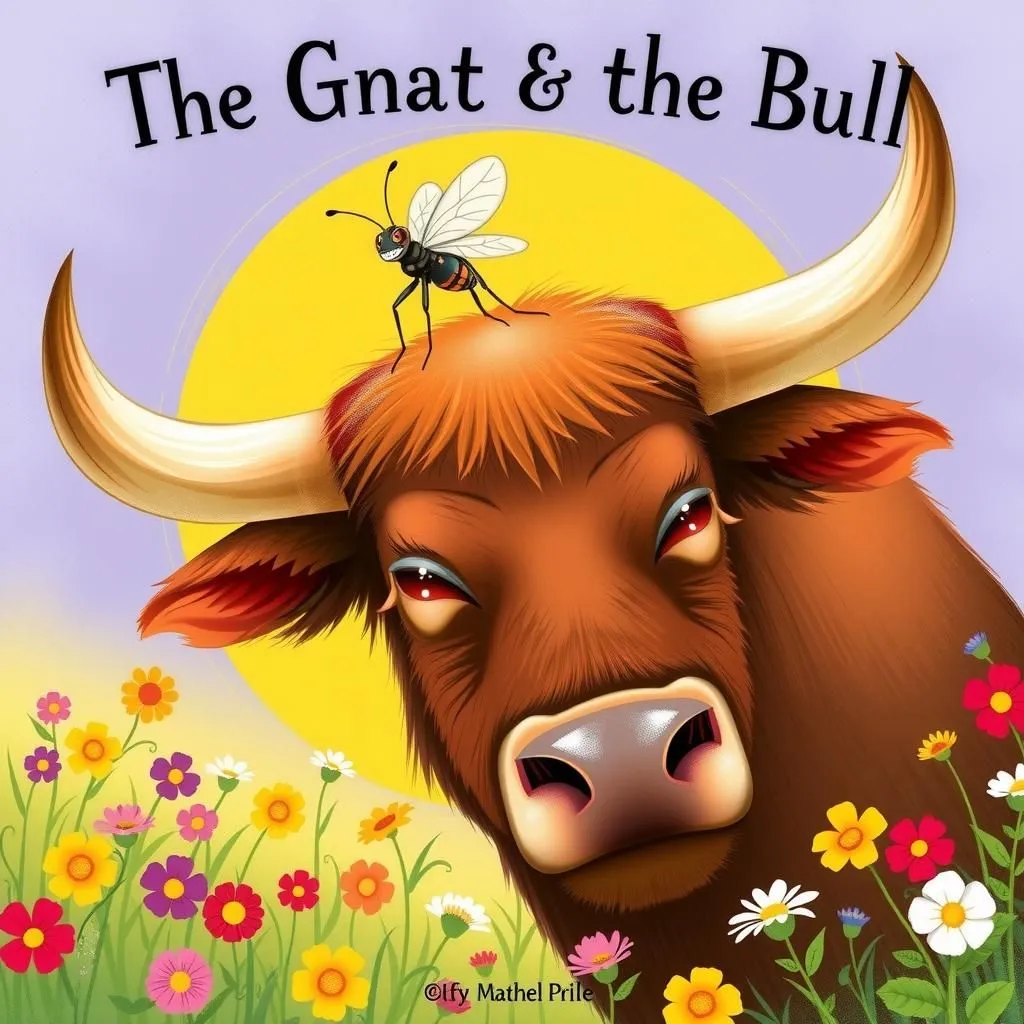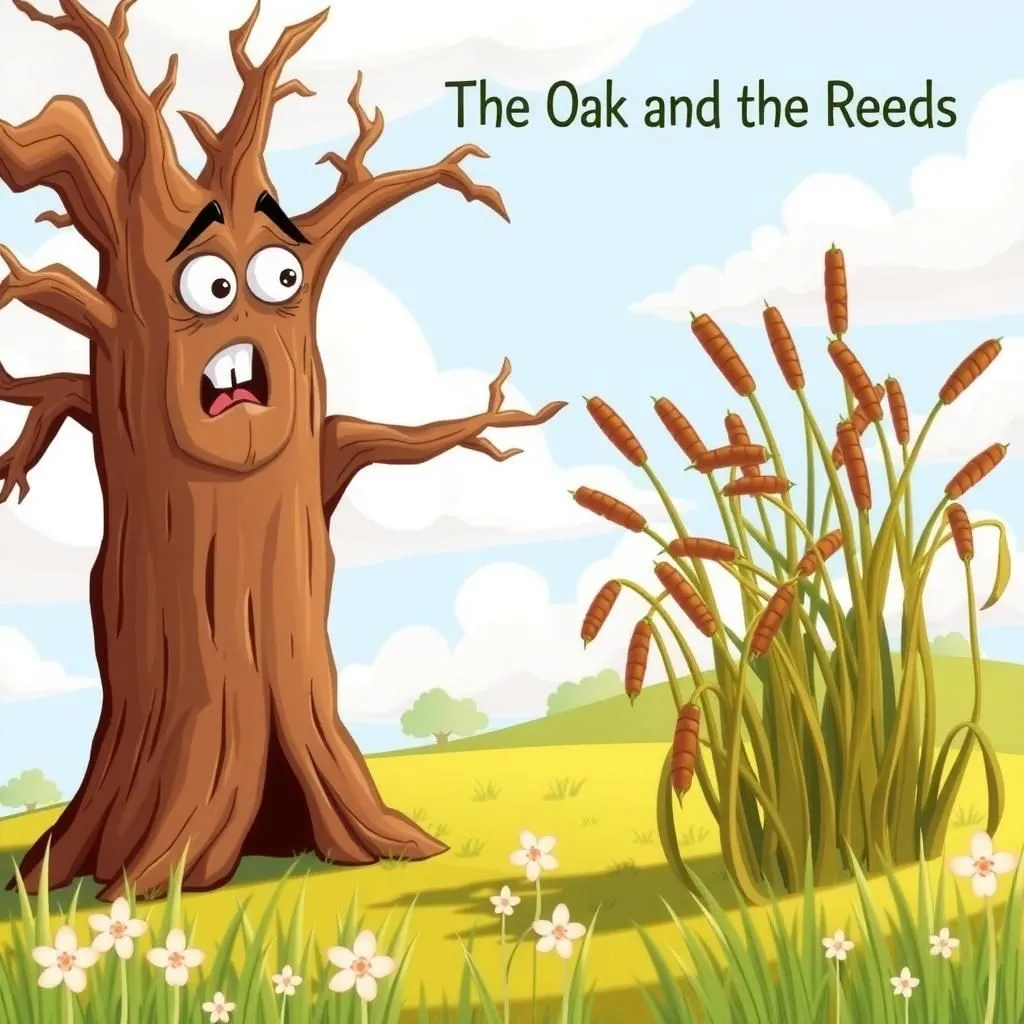
The She Goats and Their Beards
In "The She Goats and Their Beards," a unique moral story, the female goats request beards from Jupiter, sparking discontent among the male goats who feel their dignity is threatened. Jupiter permits the females to don beards but reassures the males that their true strength and courage remain unmatched, highlighting that external appearances do not define merit. This childhood story with moral reminds us that superficial similarities do not equate to true equality.


